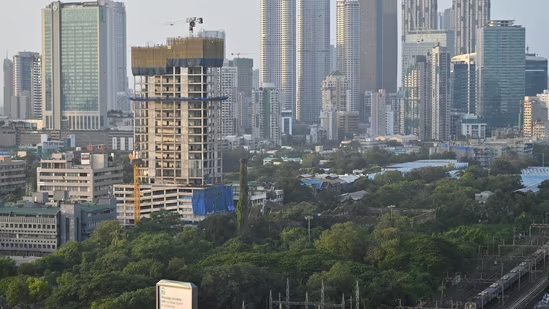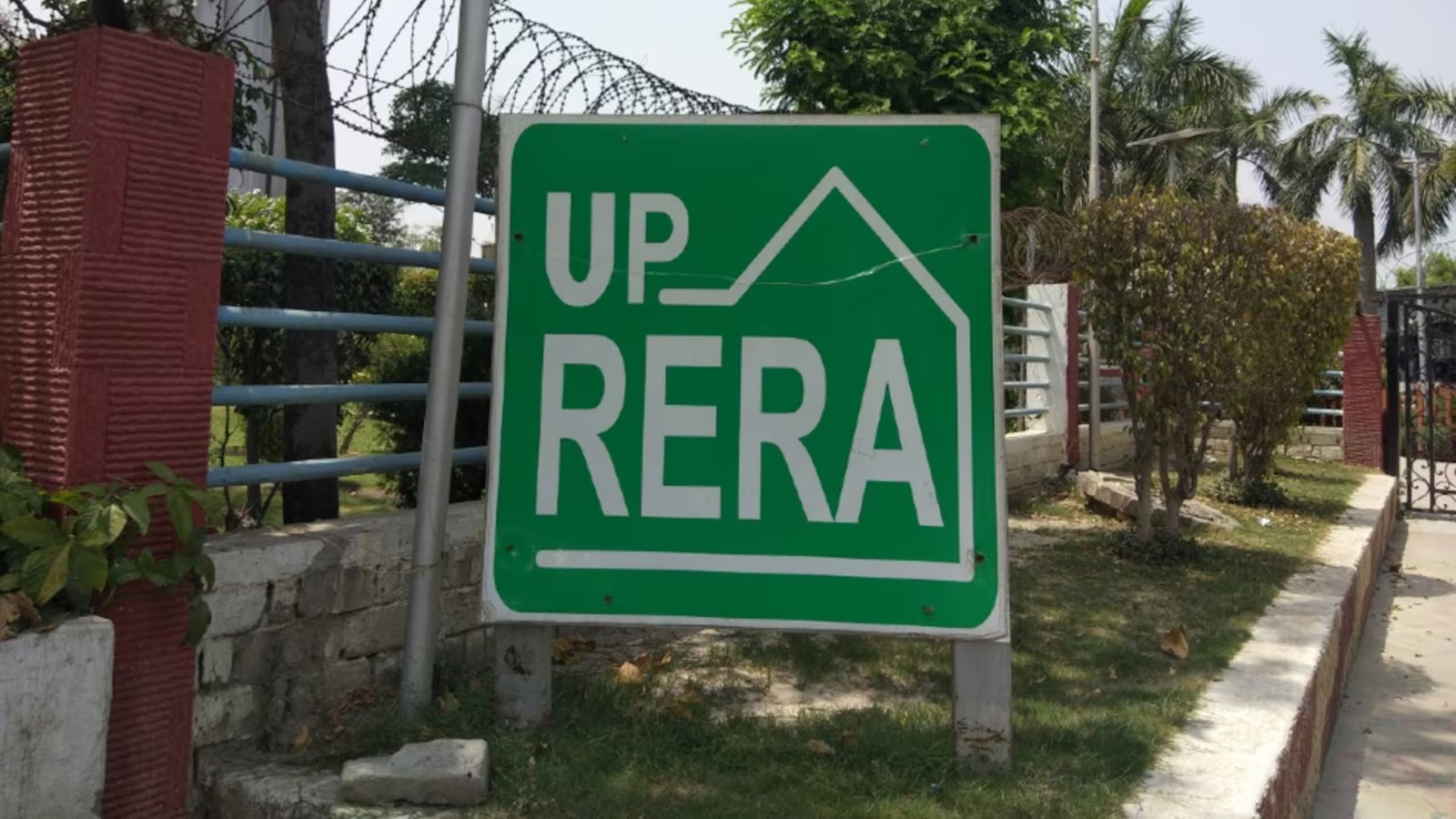Guest Column
RERA in real time – nowhere close to the finish line




Anuj Puri, Chairman – ANAROCK Property Consultants
Why RERA is still not a nation-wide market force
Many state governments have been lax in implementing RERA. There are various forces at play – the primary one being change aversion. RERA was conceived to change the entire status quo of how real estate is designed, developed and sold in India. It intends to put paid to fly-by-night players – both developers and brokers – who have held the real estate market to ransom all these years.
While the larger organized developers and consultancies have welcomed and embraced RERA for the transparency and regulation it brings to the market, the unorganized segment – players who are not happy with RERA because it seriously impacts their questionable business models – far outnumber the organized one.
In a democracy, the ‘majority vote’, whether spoken out loud or implied by lack of cooperation, wields weight. This majority vote is slowing down the process of RERA’s nation-wide deployment in the shape and to the extent which the Centre intends.
Moreover, individual states also have always had the right come up with their own set of rules. Of course, not complying with a Centre-dictated Act is not an option, but in many states, there has been cartelized pressure to amend the various rules of RERA to be more developer-favouring – which defeats the whole purpose of RERA. For these and other reasons, deploying RERA in some states has been far more challenging than in others.
RERA and market recovery
Theoretically, the recovery of the Indian real estate sector can happen in two ways, though the quality of the recovery would differ vastly:
1. The first way is to do away with RERA – which will not happen – and go back to the old ways of doing business. This would result in a lot of launches, the return of investors focused on ‘flipping’ and short-term profits, and buyers once again being at the mercy of unscrupulous developers and brokers. There would be a lot of buying and selling, but this would be short-lived and result in a stalemate sooner rather than later.
This is because buyers have become very savvy, have every intention of seeing their interests protected, and will shy away from the market if they are once again at risk. Also, it would repel foreign and domestic institutional investors and private equity funds, and capital flows into the sector would soon dry up.
2. The other way is to allow RERA – which is a process and not an event – to take firm hold at all levels and in all geographies. This will result in a far more gradual recovery, but this recovery will be extremely durable and based on very sound market dynamics. The market will take a longer time to adjust to it, even as smaller players who are unable or unwilling to comply with RERA are eliminated. More institutional investors and funds will find comfort in routing capital into the Indian real estate market, and buyers will feel more confident in buying homes.
The Government intends to usher in the second type of recovery, and everyone is aware that it will be a long and even painful process. However, the fruits of patience, perseverance and strong political will can potentially be massive and benefit everyone in the entire real estate value chain. In other words, RERA is the key to a stronger, more sustainable recovery in the Indian real estate market.
How lack of RERA in some states affects their property markets
Buyers in states where RERA is not deployed have no reason to feel confident while investing. They can see how buyers in other states have the benefit of regulation, while they don’t. Secondly, developers in such states are more or less put on notice and cannot build or market their properties without the fear of RERA coming in and making a clean sweep of non-compliant projects.
Buyers in such states can currently only invest in properties on the secondary sales market without having to worry that their purchase will backfire.
However, it is not only buyers who suffer for lack of RERA implementation in their states. To the backdrop of other states where RERA has been deployed, developers and brokers in states where it has not yet become a market force face a strong challenge of sentiment. Buyers are aware that they would be protected in RERA-compliant states, while they are not protected in their own states. There is a significant dearth of buyer confidence in such states.
-



 News3 weeks ago
News3 weeks agoKW Delhi 6 Mall Onboards New Brands
-



 News4 weeks ago
News4 weeks agoManasum Senior Living Launches IKIGAI GOA, A Senior Living Community in North Goa, in collaboration with Prescon Homes
-



 News2 weeks ago
News2 weeks agoGodrej Properties Sells Rs 3k cr+ Homes of Godrej Zenith, Gurugram, within 3 days
-



 News4 weeks ago
News4 weeks agoBridging India Divide: Top 5 Tier- 2 Cities to Focus On
-



 News3 weeks ago
News3 weeks agoCommercial Realty Gets Tech Savvy: Fast Construction, Enhanced Convenience
-



 News4 weeks ago
News4 weeks agoMultipoint Connection – A Definite Boon
-





 News3 weeks ago
News3 weeks agoRBI’s Status Quo on Key Policy Rates to Help Maintain the Real Estate Growth Momentum, Say Industry Stalwarts
-



 News1 week ago
News1 week agoOlive Announces Dhruv Kalro as Co-Founder























